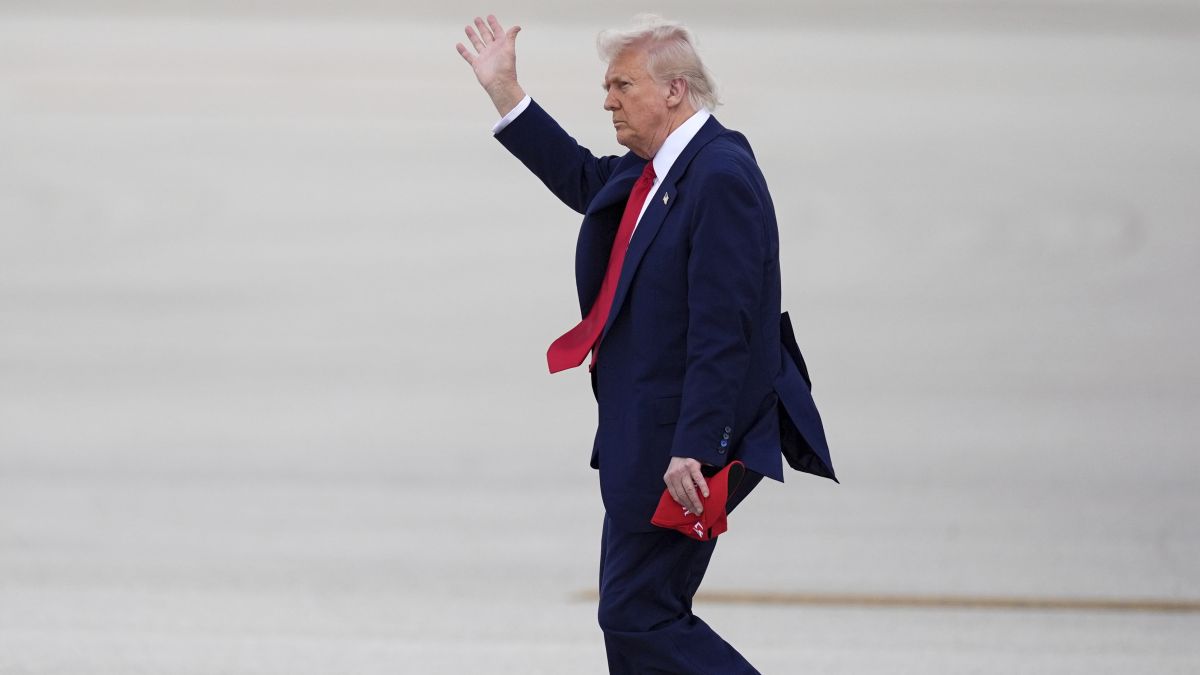Republicans are increasingly getting anxious about the political repercussions President Donald Trump’s global trade war could spur ahead of the 2026 midterm elections. They fear that inflation and poor economic growth could shadow the achievements of the Trump administration, which could push voters away.
Many Republican lawmakers see Trump’s tariffs as a roundabout way of raising taxes—i.e. the bill lands in the shopping carts of American consumers. Some are also drawing uncomfortable parallels with history, pointing out that the last two times Congress passed tax hikes of this scale, the ruling party got absolutely clobbered in the next election. In short: higher prices, lower popularity.
Senator Thom Tillis (R-N.C.) was quoted by The Hill as saying, “In the national elections, you can go back to 1982 when I think it was about 26 congressional seats that were lost [by Republicans].”
Tillis was referring to then-President Ronald Reagan’s first midterm elections, when the GOP lost 26 seats amid high interest rates and poor shape of the economy.
The same year, the Reagan administration got Congress to pass the Tax Equity and Fiscal Responsibility Act, which led to increased excise and corporate taxes and improved tax compliance. The move saw the government’s federal revenue go up by 1 per cent.
“No doubt, if we’re having the same discussions about tariffs in February of next year, all the indicators would be ‘wrong track,’” Tillis said.
‘Trade deals need of the hour’
The senator warned that the Trump administration must hammer out trade deals with close trading partners. He said if some favourable deals are not closed, the Republicans may have to pay a high political price.
“They’ve got about 10 months to wrap a bow around this and say, ‘See, I told you so,’ or you’re going to start seeing political headwinds,” Tillis warned.
Impact Shorts
More ShortsRepublican senators breathed a sigh of relief when Trump hit the pause button on his sky-high reciprocal tariffs for 90 days. But they are not completely relieved yet. The danger, they say, isn’t over—especially with Trump already slapping a whopping 145 per cent tariff on China, and China firing back with a 125 per cent hit on US imports.
The markets reacted accordingly. Stocks soared right after the pause was announced—only to tumble again on Thursday as investors realised the economic uncertainty hadn’t magically vanished. By Friday, the markets had managed to claw back a bit of ground, but Wall Street is still nervously watching Trump’s Truth Social like it might be a financial asteroid.
Another Republican quoted by the Hill, who spoke on the condition of anonymity, said with his tariff moves, Trump risks squandering the opportunity to address his voters’ topmost concern, which remains the economy. In October, ahead of elections, a Gallup poll showed Trump had a 9-point lead over his opponent, then-Vice President Kamala Harris on the handling of the economy. If the economy falters, Trump might lose his biggest political edge over his opponents.
Sen. Ted Cruz (R-Texas) has also opposed Trump’s tariffs, saying in an interview with Fox News that he saw tariffs as “a tax on consumers, and I’m not a fan of jacking up taxes on American consumers,”


)

)
)
)
)
)
)
)
)



